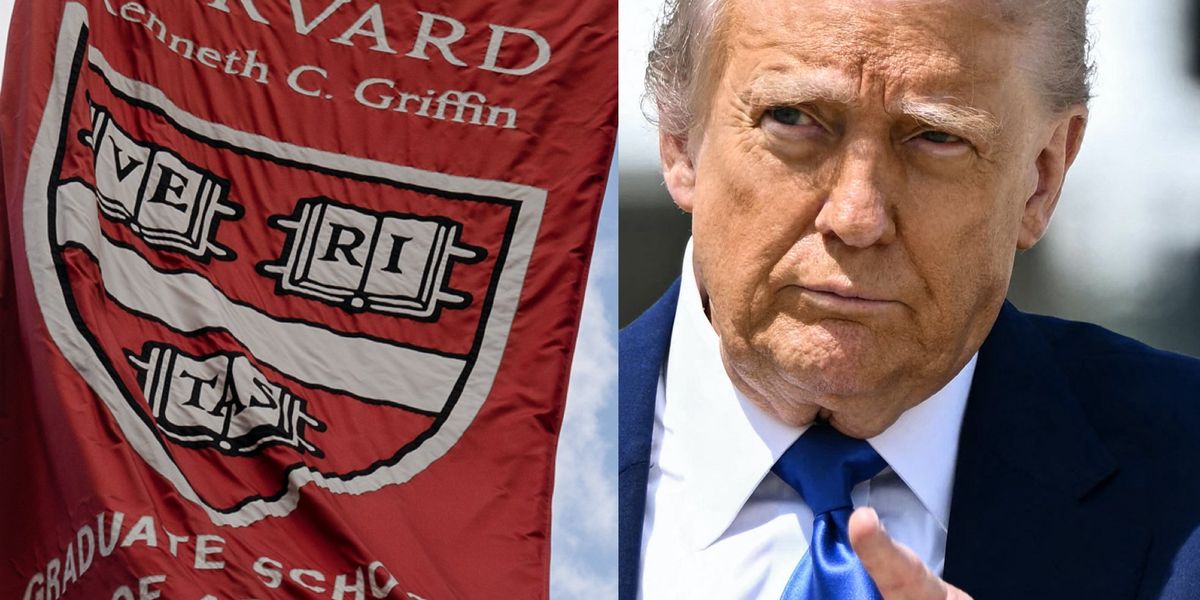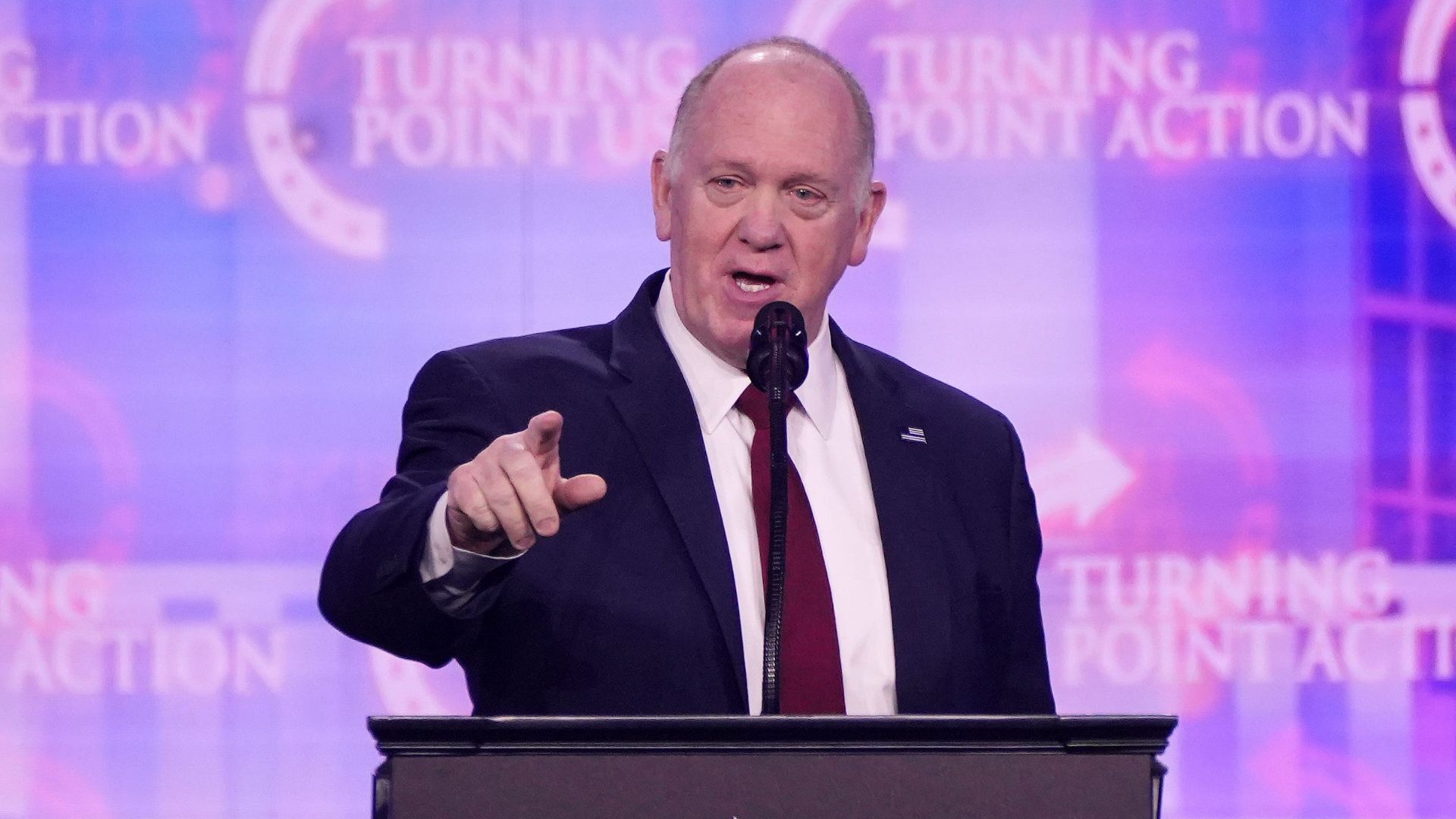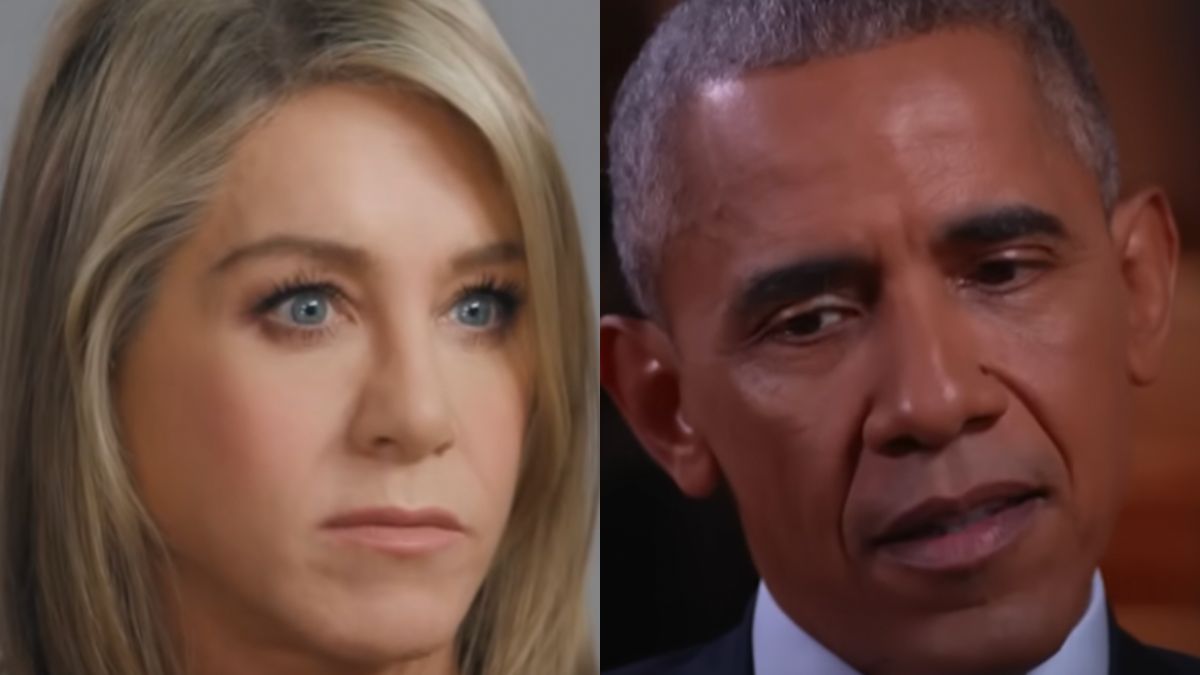A federal judge recently put a stop to the Trump administration’s attempt to limit Harvard University’s ability to enroll international students. This move was part of a larger dispute between President Trump and the prestigious institution. The administration intended to revoke Harvard’s certification for the Student and Exchange Visitor Program, which is crucial for the enrollment of international students.
Harvard University fought back by filing a lawsuit in Boston. They argued that the decision violated the First Amendment, and U.S. District Judge Allison Burroughs granted a temporary restraining order. This order was crucial, as international students make up about 27% of Harvard’s student body.
Harvard’s lawsuit emphasized the impact of the government’s decision, stating, “With the stroke of a pen, the government has sought to erase a quarter of Harvard’s student body.” The university stressed the importance of international students to its community and mission. Losing these students would mean Harvard would no longer be the same.
The lawsuit also highlighted the immediate and devastating effects the order would have on more than 7,000 visa holders. Homeland Security Secretary Kristi Noem had requested details about violent and illegal activities from foreign students, setting an April 30 deadline for the information. The Department of Homeland Security (DHS) insisted that Harvard could no longer enroll foreign students.
Harvard claimed it provided extensive data to the government, yet Noem stated their response was insufficient. This conflict underscores the tension between the administration and educational institutions regarding international students. The university’s stance was clear, emphasizing the critical role these students play at Harvard.
The temporary restraining order granted by Judge Burroughs was a significant win for Harvard. It allowed the university to continue enrolling international students, at least for the time being. The situation highlighted the ongoing debate about the administration’s immigration policies and their impact on education.
President Trump’s administration has been known for taking a firm stance on immigration issues. This case with Harvard is just one example of the broader approach. The administration’s actions have sparked debates and raised concerns about the future of international students in the U.S.
The decision to attempt to revoke Harvard’s ability to enroll international students came as a shock to many. It raised questions about the balance between national security and the benefits of international education. Critics argued that the administration’s actions were too extreme.
Harvard’s response was to stand firm and fight back legally. The university’s lawsuit argued that the order was not only unconstitutional but detrimental to its mission. The legal battle drew attention from various educational and legal circles.
This case was more than just about Harvard; it was about the role of international students in American higher education. The outcome of this case could set a precedent for other universities. Universities across the country were watching closely, concerned about similar actions being taken against them.
The Trump administration’s decision was part of a broader strategy to reshape immigration policies. It was a move that resonated with the administration’s base, while simultaneously drawing criticism from educational institutions. The debate on immigration and education continues to be a hot topic in American politics.
As the legal proceedings unfold, the focus remains on the implications for international students. Harvard’s case is a reminder of the interconnectedness of education and immigration policy. The temporary restraining order was a temporary relief, but the future remains uncertain.
The legal battle between Harvard and the Trump administration is far from over. Both sides are preparing for the next steps in the process. The university remains committed to protecting its international students.
The wider implications for other universities cannot be ignored. Educational institutions across the country are assessing their positions and preparing for potential challenges. The case serves as a wake-up call for many.
This situation has highlighted the complexities of immigration policy in the educational sector. It raises important questions about how the U.S. values international students. The discourse around this issue is likely to continue for some time.
As the legal proceedings continue, universities are closely monitoring the situation. The case has become a focal point in the ongoing debate about immigration and education. It’s a crucial moment for higher education institutions in the U.S.
The temporary restraining order is not the end of the story. It’s a pause in a longer battle between Harvard and the Trump administration. The outcome will likely have long-lasting effects on the landscape of international education.



